Transforming STEM Education with Container Farms
STEM education thrives on innovation, and container farms are emerging as a cutting-edge tool to transform how students engage with science, technology, engineering, and mathematics. These modular, controlled environments allow students to apply theoretical knowledge to real-world challenges, fostering a deeper understanding of sustainability, agriculture, and technology.
From botany to engineering, container farms offer a hands-on experience that bridges the gap between classroom learning and practical application. Here’s how integrating these systems into educational settings can revolutionize STEM education.
Exploring STEM Disciplines in Container Farms
Botany: Hands-On Plant Science
Container farms provide an immersive platform for students to study plant science up close. By cultivating crops in controlled environments, they can experiment with plant genetics, study the effects of cloning, and learn about the anatomy and physiology of various species. This practical exposure goes beyond textbooks, inspiring curiosity and a deeper understanding of plant biology.
Physics: Light and Plant Growth
Inside container farms, students encounter the physics of light firsthand. They can explore concepts like wavelength, frequency, and color as they analyze the specific light spectra that plants absorb. Understanding how different light wavelengths influence growth equips students with foundational physics knowledge tied directly to agricultural applications.
Biology: Ecosystems Without Soil
Container farms are ecosystems in their own right, offering students the chance to study microbial life, beneficial bacteria, and fungi that support plant health. Without soil, students also examine alternative nutrient delivery systems, like hydroponics, gaining insight into innovative agricultural methods that sustain global food production.
Chemistry: The Science of Water and Nutrients
Water quality is a cornerstone of successful container farming. Students monitor and adjust pH levels, optimize nutrient solutions, and observe how chemical imbalances impact plant health. This hands-on approach demonstrates how chemistry plays a vital role in sustainable agriculture.
Computer Science and Technology: Programming the Future
Modern container farms are powered by advanced automation and monitoring systems, like farmhand®. Students can explore coding and software management to program climate controls, track plant growth, and optimize resource usage. This integration of agriculture and technology prepares students for careers in ag-tech and beyond.
Engineering: Designing for Efficiency
Design and innovation take center stage in container farms. Students tackle engineering challenges such as space optimization, energy efficiency, and system maintenance. They can prototype solutions to improve productivity, fostering critical thinking and problem-solving skills.
Environmental Science: Cultivating Sustainability
Container farms are a hands-on model for sustainable practices. Students can study water conservation, energy use, and waste reduction within these systems, building a comprehensive understanding of how to produce food sustainably. This knowledge is crucial as the world seeks eco-friendly solutions to feed a growing population.
Real-World Impact: Why Schools Are Adopting Container Farms
Educational institutions are increasingly recognizing the value of container farms in creating well-rounded, future-ready students. Beyond STEM, these farms instill important life skills such as teamwork, critical thinking, and adaptability. They also highlight the importance of sustainability and resource management—skills that are in high demand in today’s job market.
Schools that adopt container farms provide students with a unique opportunity to lead projects, connect with their communities, and even contribute to local food systems by growing fresh produce.
“You can teach a whole class on electronics, for instance, in here. I am having the automation curriculum for my Engineering II class [in the farm]. They installed some sensors and did calibration, which is a really important aspect of automation — that accuracy of your programming.”
Preparing Students for the Future
Container farms are more than just a teaching tool—they’re a gateway to innovation, sustainability, and practical learning. By integrating container farming into STEM curricula, schools can inspire the next generation of scientists, engineers, and environmentalists, equipping them with the skills to tackle global challenges.
As schools continue to explore new ways to engage students, container farms stand out as a transformative tool for education. The possibilities for growth—both for plants and young minds—are endless.
Are you interested in bringing a container farming program to your school?
Learn more about how Freight Farms can help your school bring STEM to life with hands-on, sustainable farming systems.
Visit Freight Farms for more information on container farming in education and to get in touch.
Hear from students and teachers in this video!



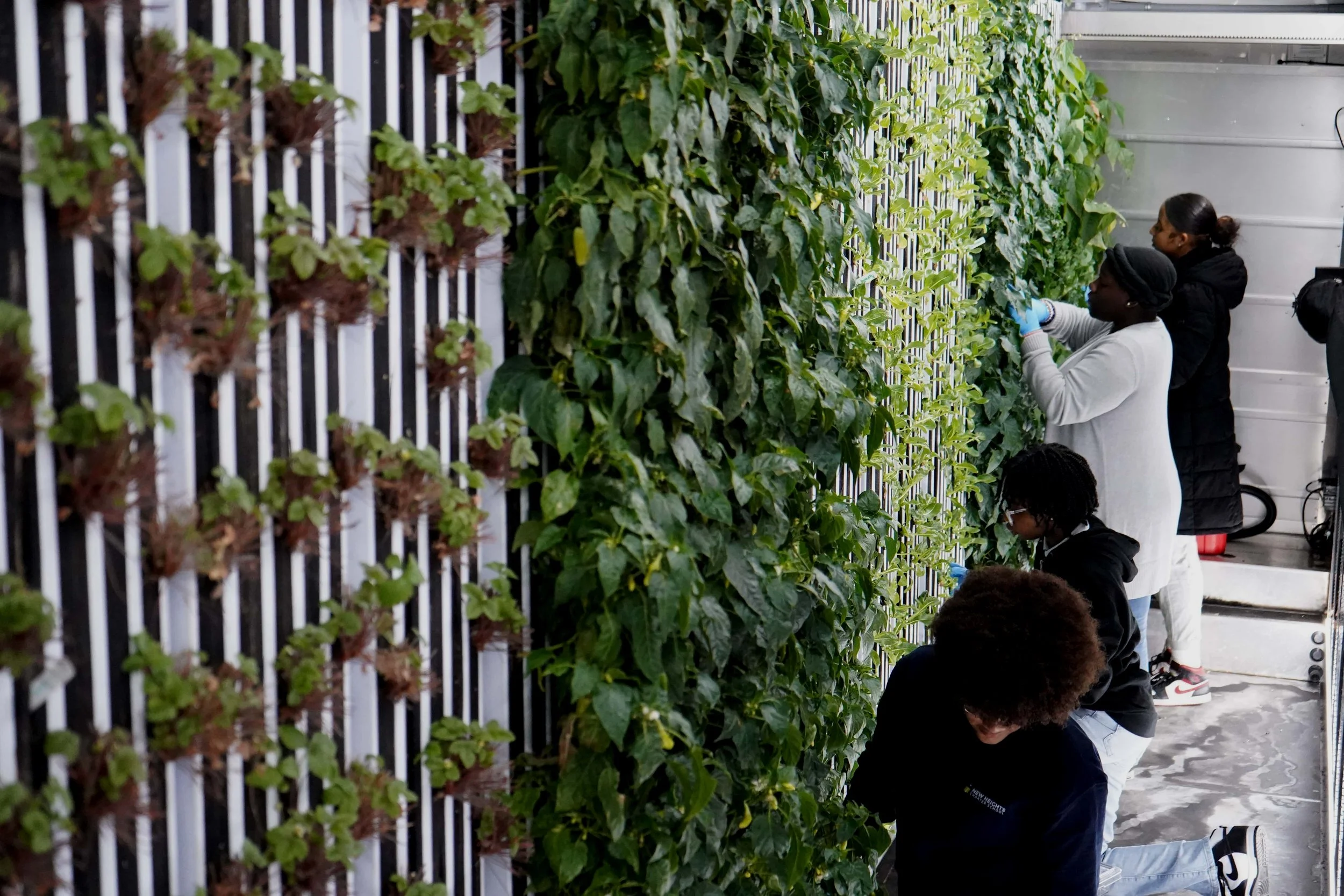









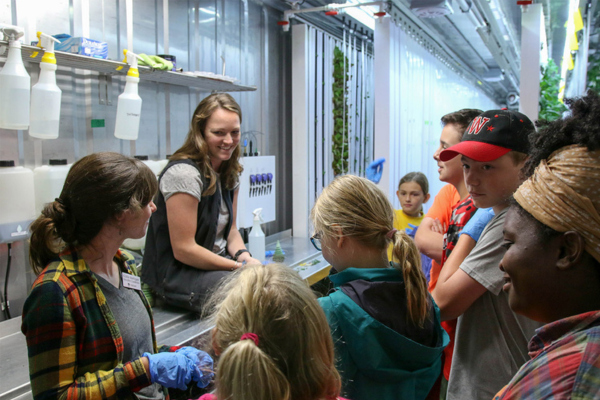



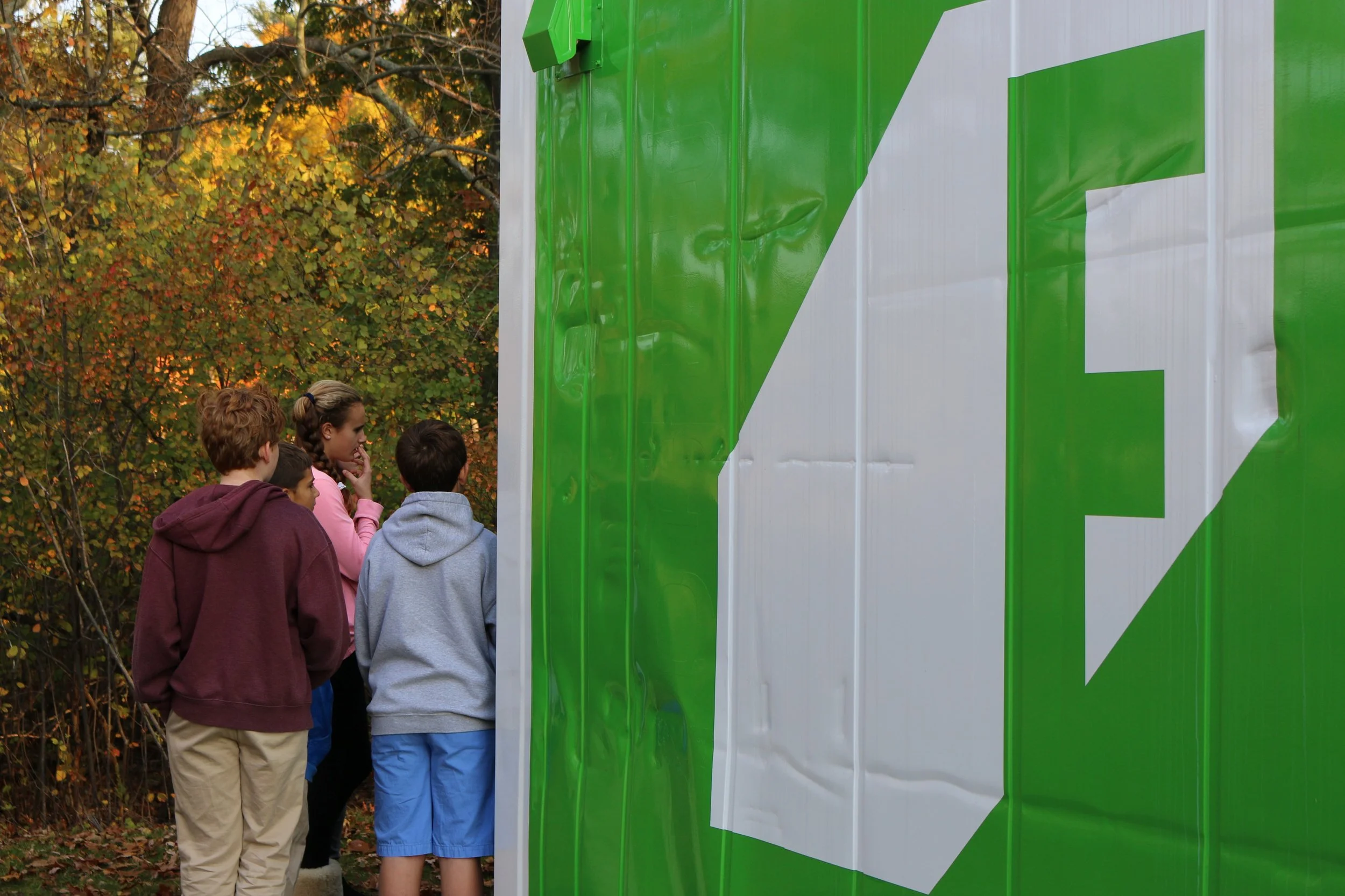



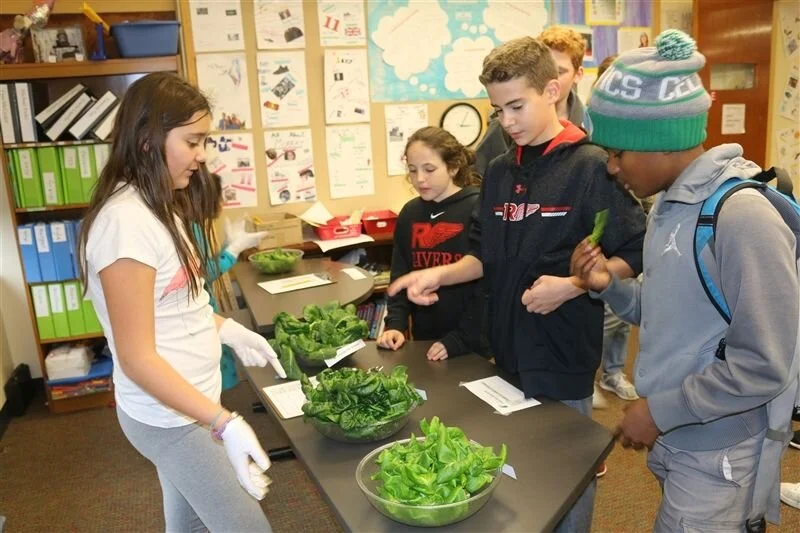
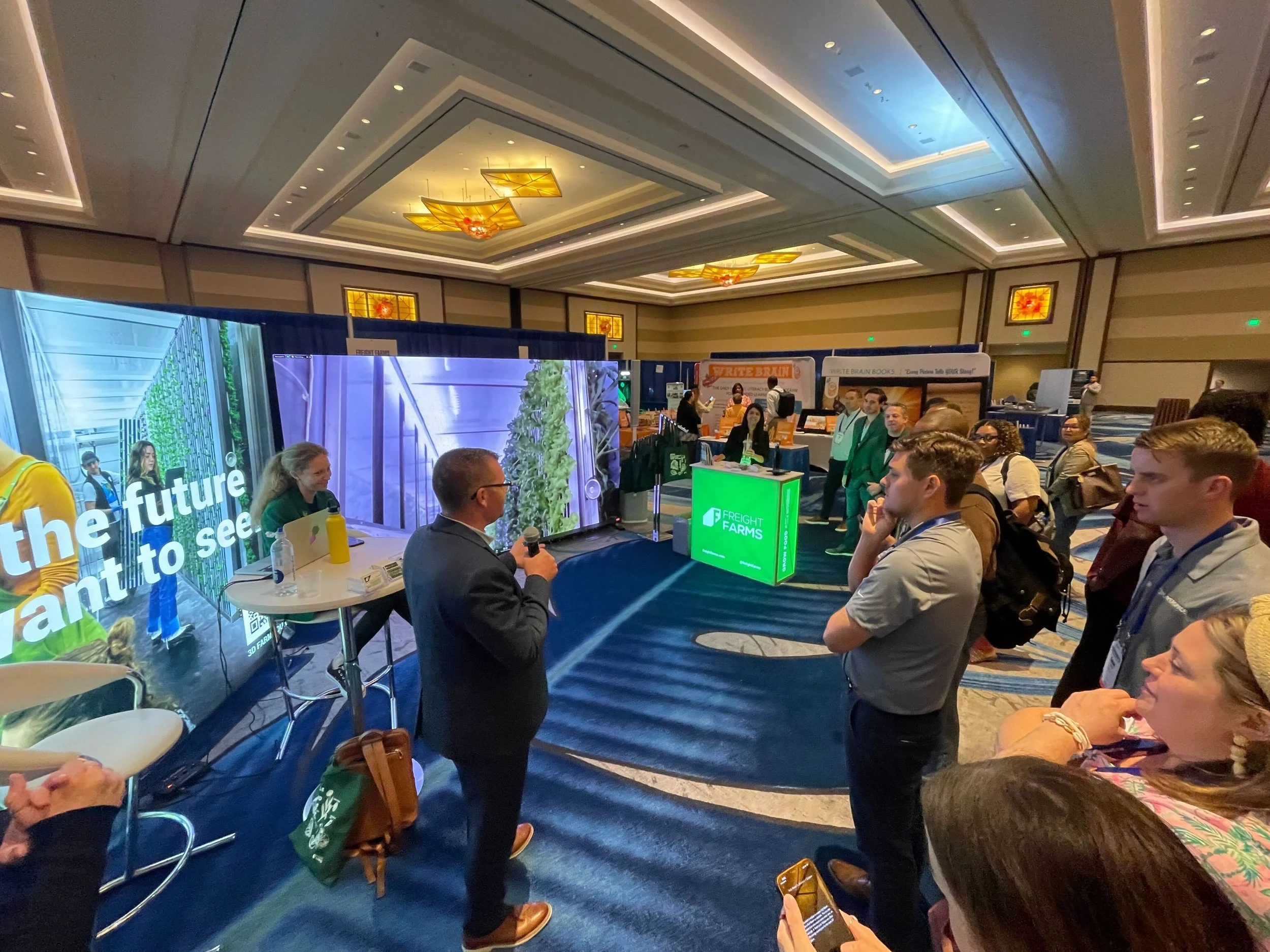
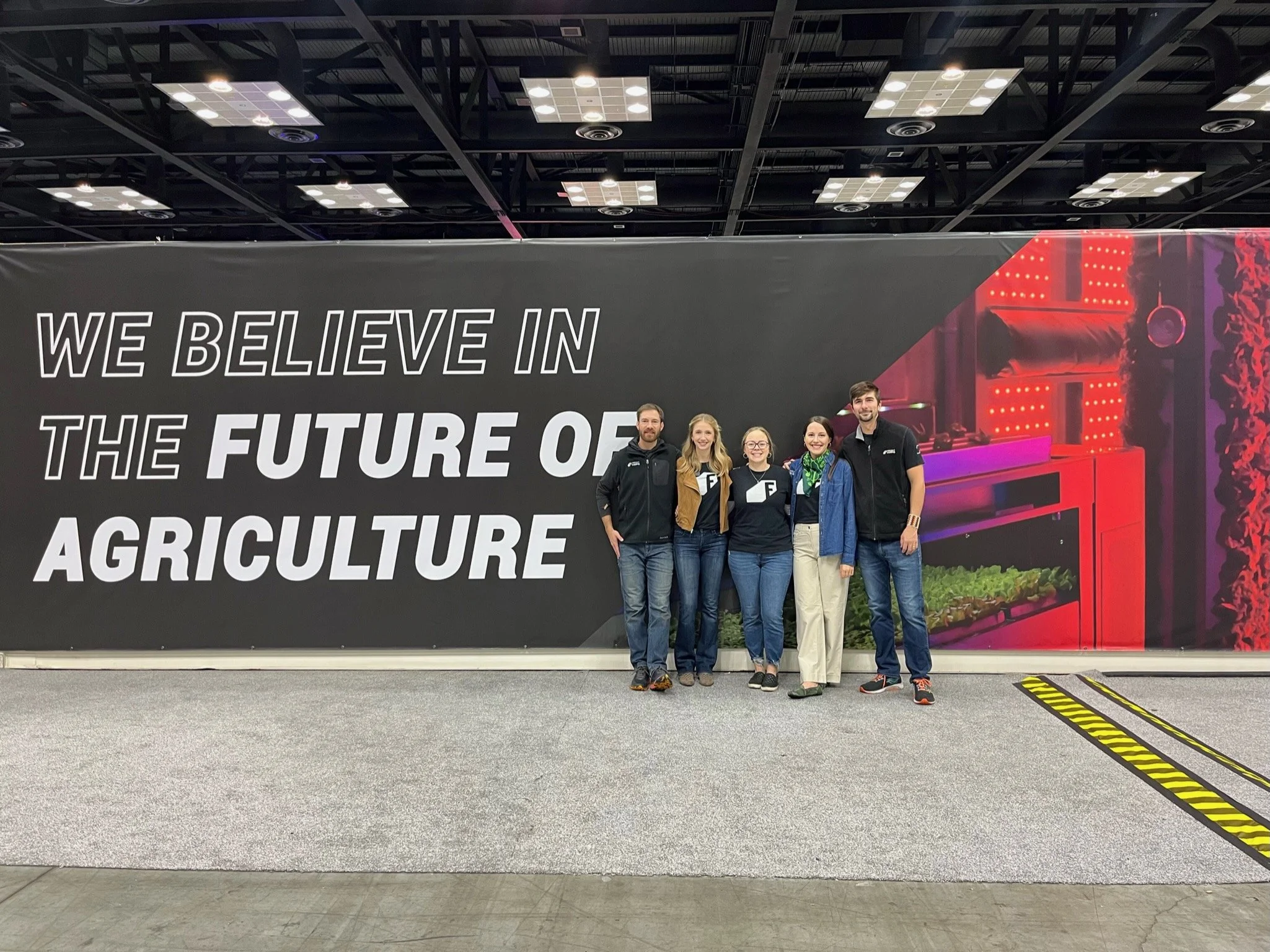








Hydroponic container farms are transforming classrooms into dynamic environments for social emotional learning (SEL). Learn how these innovative tools cultivate essential life skills while growing fresh produce.